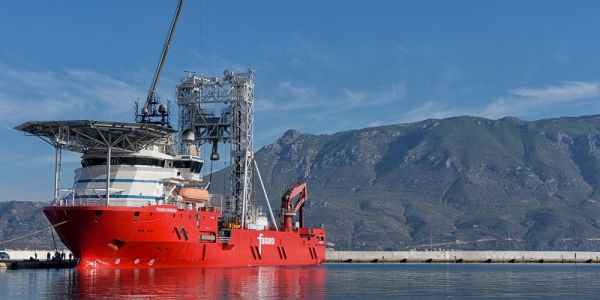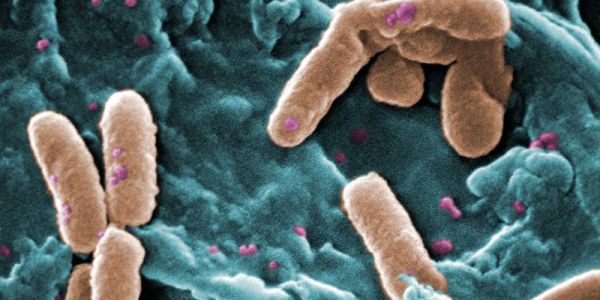
Life goes on for marine ecosystems after cataclysmic mass extinction
One of the largest global mass extinctions did not fundamentally change marine ecosystems, scientists have found.

One of the largest global mass extinctions did not fundamentally change marine ecosystems, scientists have found.

An international expedition aims to better understand seismic activity through samples collected from one of the most geologically active areas in Europe.

The University of Leeds is investing £10m to develop the UK’s first dedicated centre for high speed rail technologies and system integration.

Cooperating bacterial populations are more likely to survive in changing habitats, new research shows.

The University of Leeds is one of three universities partnering in a £5 million programme to help get academic research into business.

More than a third of primary school children are failing to get sufficient sleep, according to research presented at the British Sleep Society conference.

Past mass extinctions may have the potential to guide modern conservation efforts, according to a new study.

Dr Martin Stow has been appointed as the Director of Nexus and will lead a programme to embed new approaches to nurturing and supporting innovation and enterprise across the University.

Scientists have developed a novel weapon in the battle against deadly hospital-acquired infections – a textile that disinfects itself.

The University of Leeds is playing a key part in Light Night Leeds this year, hosting 12 events on campus as part of the city’s biggest free annual multi-arts event.